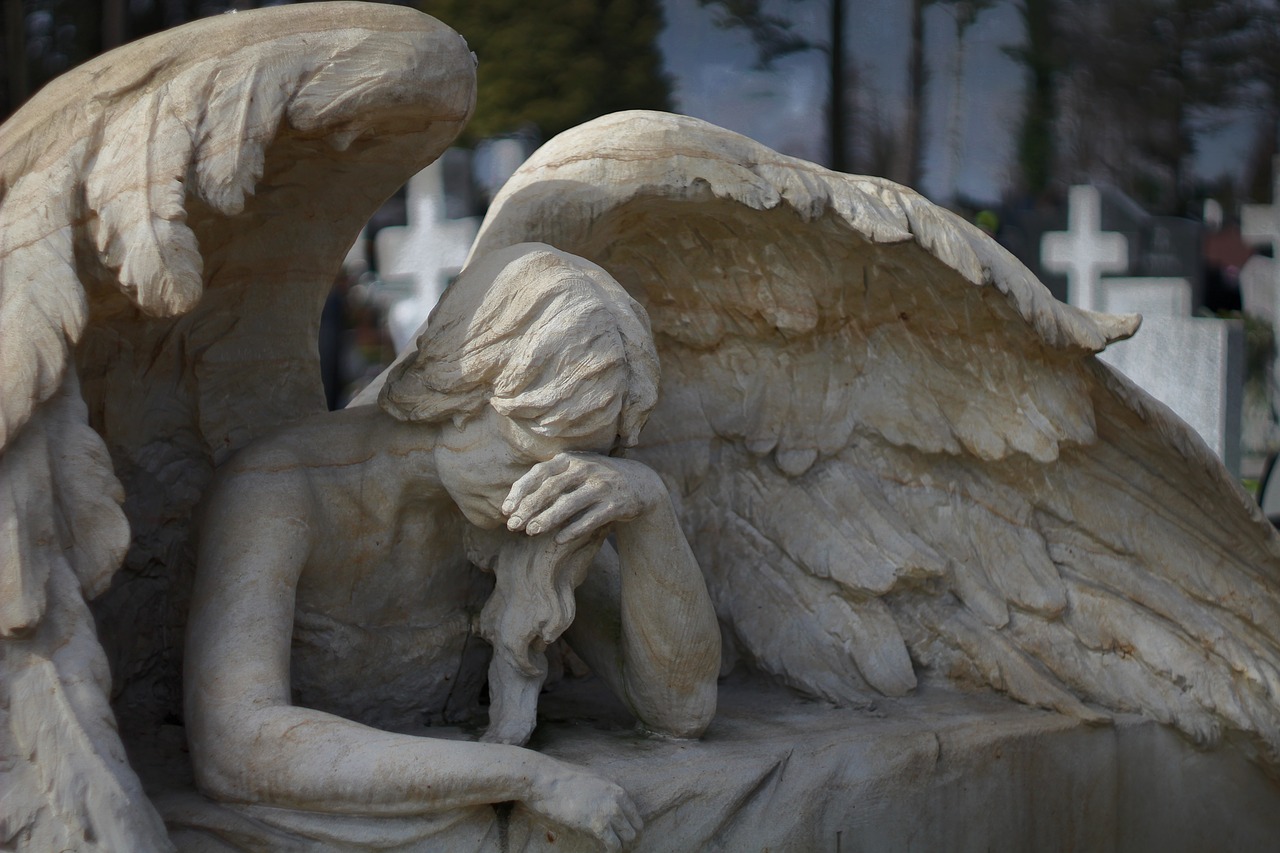There is new evidence that heart failure patients experiencing grief or mourning have a higher risk of death.
The findings came from a new Swedish study that analyzed almost three decades’ worth of data on about half a million heart failure patients. The researchers found that those experiencing grief from losing a loved one faced a 5% to 20% spike in their risk of dying from heart failure over the following four years.
The study published in JACC: Heart Failure focused on health and bereavement data provided by 500,000 patients and collected by Swedish Heart Failure Registry between 2000 and 2018. The research team also reviewed medical information on heart failure patients gathered by the Swedish Patient Register between 1987 and 2018. Many of the patients were middle-aged or older and had been born in Sweden after 1931.
Per the researchers, the risk of dying from heart failure after the loss of a family member is highest during the first week of bereavement (78% increased risk), particularly in the case of death of a child (31% increased risk) or spouse/partner (113% increased risk).
The amount of increased risk also depends on the relationship of the heart failure patient to the person who passed. For example, losing a partner (husband or wife) triggered a 20% rise in heart failure death, while losing a sibling was linked to a 13% risk. Meanwhile, losing a child or grandchild was linked to a 10% and 5% increase, respectively.
“The association between bereavement and mortality was not only observed in cases of loss due to cardiovascular disease and other natural causes but also in cases of unnatural deaths,” said Hua Chen, lead author of the study and a doctoral student at Karolinska Institutet in Stockholm, Sweden.
According to study author Krisztina László, an associate professor in the department of global public health at Karolinska, the new findings may call for increased attention from family members, friends, and doctors of heart failure patients, especially those mourning due to a recent loss.
















